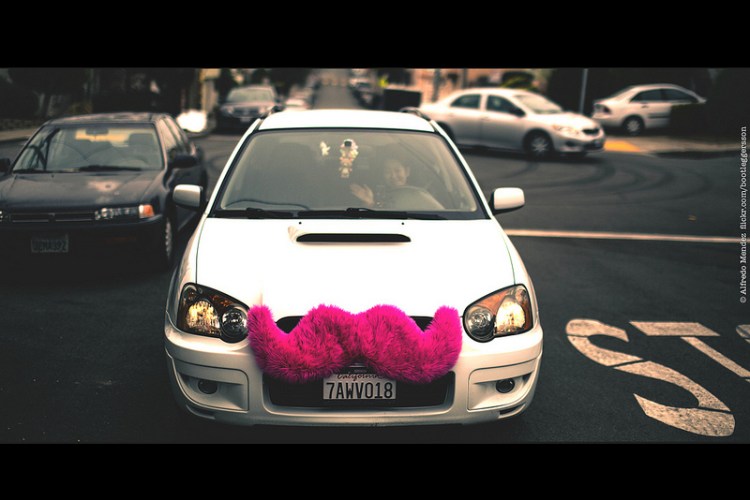Lyft and Uber are gearing up their political communities again: This time, to fight a proposed Seattle ordinance that would sharply limit ride-sharing services.
A Seattle city council committee met Friday to discuss a proposed ridesharing ordinance that would sharply limit the ability of Lyft, Uber, and other companies to operate in the city. According to one report, the meeting was “frustrating,” with council members raising concerns about unregulated (and uninsured) ride-sharing companies, and ride-sharing companies complaining about the draconian nature of the proposed ordinance.
Meanwhile, the “grassroots” campaign goes on.
“Please join us in asking City Council to save Lyft in Seattle,” an email sent to Lyft community members this week reads, inviting them to send an email opposing the ordinance to council members. “Instead of focusing on safety and consumer choice, the legislation is a clear attempt to protect entrenched interests and halt innovation.”
Uber has its own petition to “Save UberX in Seattle,” which has garnered 12,500 signatures so far. “On behalf of all Seattleites, we ask that you find forward looking solutions instead of knee-jerk reactions,” the petition, also addressed to the Seattle city council, reads.
Lyft and Uber have well-honed political machines that make use of their widespread user communities to help advance their political agendas. But the same could be said of the entrenched business interests in the companies where these ridesharing startups have faced opposition. In Seattle, it was clear at yesterday’s meeting that this is a debate between taxi companies, who resent competition that’s not fettered by the same regulations they are forced to abide by; and ride-sharing companies, who would like to continue to operate in an atmosphere relatively free of regulation.
The proposed taxi ordinance (.pdf), which is clearly labeled a “draft — for discussion purposes,” would indeed sharply limit the ability of Lyft and other ridesharing services to operate in the city, holding each company to no more than 100 drivers and imposing a host of regulatory limits.
The ordinance recognizes the growing popularity of ridesharing services which are dispatched using consumer smartphone apps, but raises concerns over the safety, insurance, reliability, and other issues around the operation of what are essentially unlicensed for-hire ride services. It proposes a two-year study period, during which qualified services (like Lyft), which it terms “Transportation Network Companies,” would be able to operate no more than 100 cars, subject to certain stringent limitations. The companies would have to carry insurance (covering a minimum of $1 million per incident), enforce a zero-tolerance policy toward drivers’ use of drugs and alcohol, ensure that drivers are properly licensed, subject cars to a 19-point inspection, and other terms. In addition, TNCs would have to pay a $50,000 license fee per year for the privilege of participating in this pilot study.
The ordinance would even limit the “trade dress” used by ride-sharing companies — such as Lyft’s odd but iconic pink mustaches, GeekWire notes.
“We think there is a larger issue to be discussed here, as far as Seattle’s support of technology and innovation,” a Lyft spokesperson, Paige Thelen, told VentureBeat. “It appears that these new rules (i.e., limiting to 100 drivers who may only drive 16 hours per week) are designed to protect existing industries.
“We’ve had productive conversations with regulators around public safety (which should be the primary issue, not preventing competition) in all of our now 19 markets, and this looks to be the most extreme anti-competitive measure we’ve seen, which is surprising given that it’s in Seattle of all places.”
Yesterday’s meeting appears to have been inconclusive. (You can watch the video, if you want to.) For now, the debate goes on.






